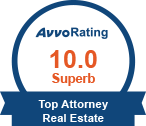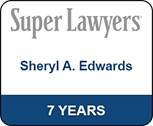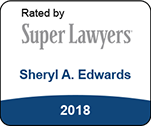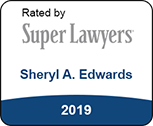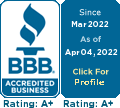
Florida Homestead Protections
Understanding Homestead Protection in Florida
If you have ever lived in Florida, or have considered purchasing property in Florida, you have probably heard someone use the term, “homestead.” Homestead is an important concept in Florida. It is so important, in fact, that the homestead protections for homeowners and their families are written into the Florida Constitution.
Homestead in Florida applies in three different contexts–tax exemptions, protection from forced sale by creditors, and protection for the owner’s spouse and minor children. The goal of all of the homestead protections is to preserve the family home. With that in mind, let’s explore each of the three different types of homestead protections in turn.
Maximizing Your Homestead Tax Exemption in Florida
A Florida homestead is entitled to a variety of annual tax exemptions. While some of these exemptions are available only to certain types of homeowners (elderly, low-income, veteran, active military), the main homestead exemption is available to most Florida homeowners.
You can claim your property as your homestead for purposes of the homestead tax exemption as long as the property is located in Florida and the property is your permanent residence. A residence qualifies as permanent if you intend to reside there indefinitely. When it comes to the homestead tax exemption, there is no limit on the acreage that can qualify.
In general terms, the homestead tax exemption means that the first $25,000.00 of assessed value of the property is exempt from taxes, and the exemption can increase up to another $25,000.00 if the property’s assessed value exceeds $50,000.00.
Protecting Your Home from Forced Sale by Creditors
In Florida, a homestead property is protected from being sold to satisfy the judgment of a creditor (someone to whom you owe money). To qualify for this type of homestead protection, the property must be located in Florida and must be your permanent residence. Here, however, there are acreage limitations on the size of the property that can be protected from forced sale.
A homeowner in a city can protect a homestead of up to one-half an acre of land that is used as a residence. Outside of a city, a homeowner can protect up to 160 contiguous acres of land. A homestead located outside of a city may include property that is not used for residential purposes, such as a farm or business. These acreage limitations apply only to the forced sale type of homestead protection.
Be aware that the forced sale protection does not extend to all creditors. A property that would otherwise be protected from forced sale is subject to being sold to pay (1) taxes and assessments on the home; (2) a promissory note on a mortgage; and (3) a lien for work performed on the property.
If you want to know how to best take advantage of homestead protections in Florida to safeguard your assets, call The Edwards Law Firm today.
The Homestead Protection for Spouses & Minor Children
Keeping in mind that the goal of all of the homestead protections is to keep people in their homes, let’s look at the third type of homestead protection. This type of homestead protection restricts a homeowner’s ability to sell or devise (give by will) the homestead out from under a spouse or minor children.
A married owner of a homestead cannot sell, give, or mortgage the homestead to anyone without the consent of the owner’s spouse. An exception exists where one spouse is conveying the property to himself and his spouse. This restriction on selling, giving, or mortgaging the homestead applies to protect only the spouse; here, there is no protection of minor children.
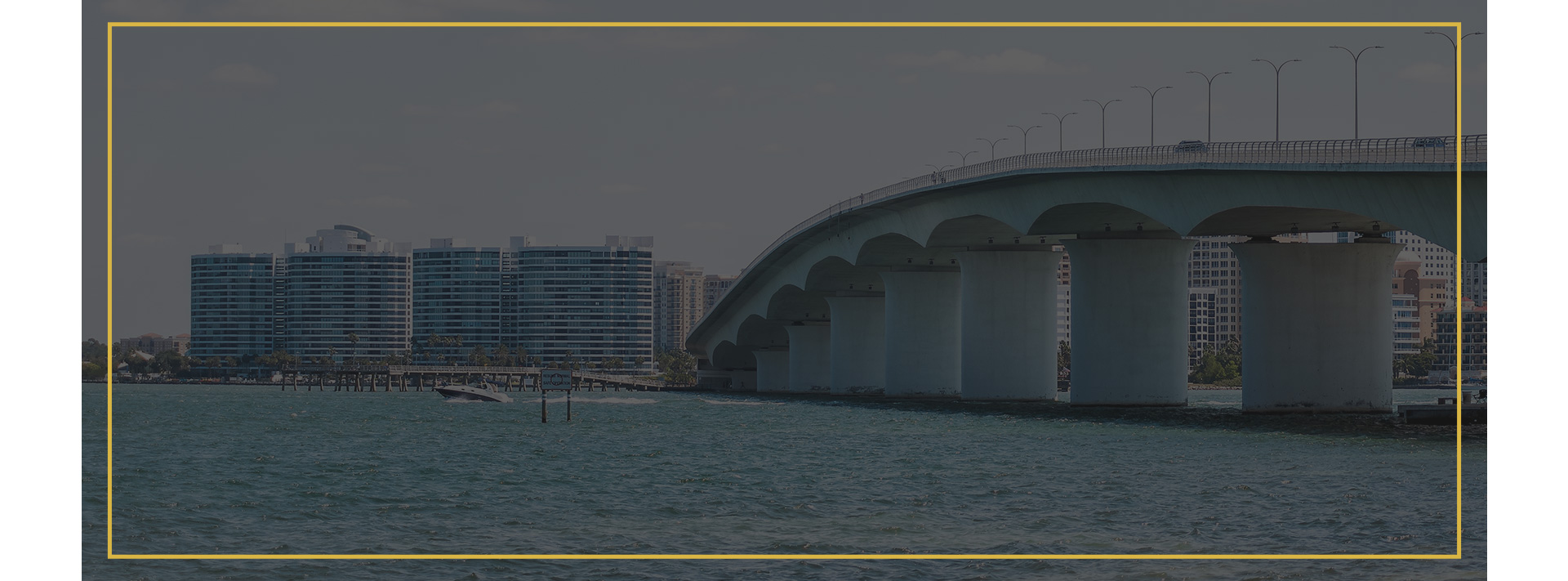
Why Clients Continue to Choose Our Team
-
Over 30 Years of Experience
-
Sheryl A. Edwards is a Board Certified Specialist in Real Estate Law
-
Achieve Client Objectives in a Timely Manner
-
Selected for Super Lawyers 12 Times
-
Personalized Attention & Case Strategy
-
Your Goals Always Come First

